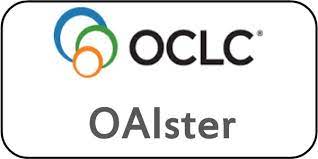Mitochondrial Dysfunction in Type 2 Diabetes Mellitus: Imeglimin as a Novel Therapeutic Approach
DOI:
https://doi.org/10.59793/0vmn8208Keywords:
Beta-cells,, imeglimin,, insulin secretion,, mitochondrial dysfunctionAbstract
Insulin resistance (IR) in peripheral tissues, such as skeletal muscle and adipose tissue, is
recognized as a precursor to type 2 diabetes mellitus (T2DM). Mitochondria play a vital role in
the pathogenesis of T2DM, primarily attributed to the oxidative stress and systemic inflammation
caused by the compromised mitochondrial function, which further results in IR. Imeglimin, a
mitochondrial modulator, has been shown to enhance insulin secretion, achieve optimal glucose
control, and improve insulin sensitivity. The available evidence suggests that imeglimin can boost
mitochondrial bioenergetics, regulate respiratory chain functions, and reduce reactive oxygen
species (ROS) production, while protecting endothelial cells without affecting mitochondrial
respiration. In T2DM patients, imeglimin improves beta-cell glucose responsiveness and
stimulates insulin secretion via multiple pathways. Imeglimin has been shown to be well-tolerated
and effective in the management of T2DM, both as a standalone treatment and in combination
with other oral therapies, with evidence indicating improvements in insulin sensitivity and
reductions in blood glucose levels. All these insights point towards imeglimin being a unique
drug in the management of T2DM, making it an important addition to the armamentarium of
diabetes treatment.










